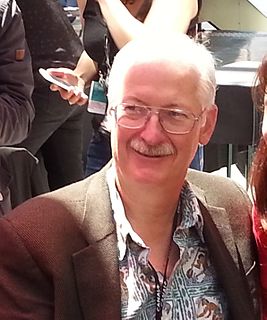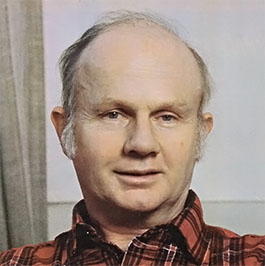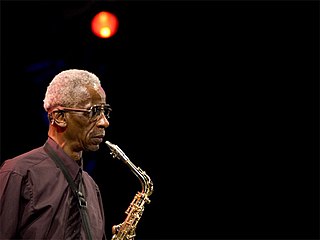A Quote by Donald Knuth
I try to learn certain areas of computer science exhaustively; then I try to digest that knowledge into a form that is accessible to people who don't have time for such study.
Related Quotes
For me, form is something I locate in the process of writing the poems. What I mean is, I start scribbling, and then try to form the poem - on a typewriter or on my computer - and, by trial and error, try to find the right shape. I just try to keep forming the poem in different ways until it feels right to me.
The first step to walking in righteousness is simply to try. We must try to believe. Try to learn of God: read the scriptures; study the words of His latter-day prophets; choose to listen to the Father, and do the things He asks of us. Try and keep on trying until that which seems difficult becomes possible-and that which seems only possible becomes habit and a real part of you.




































